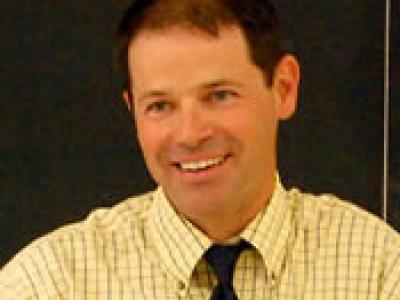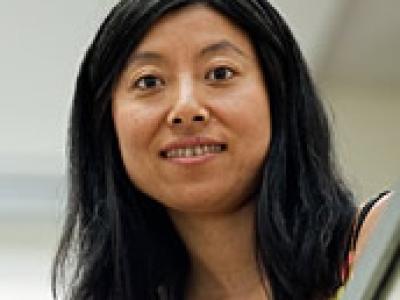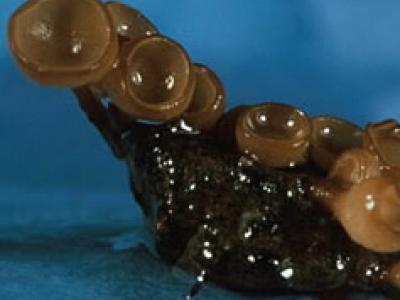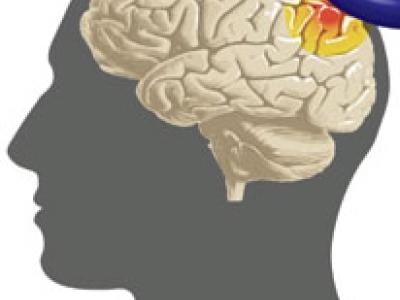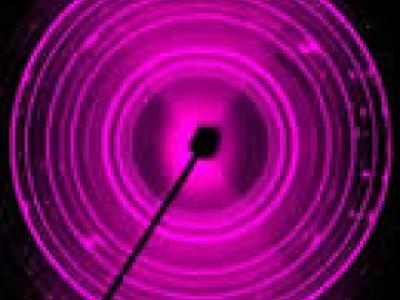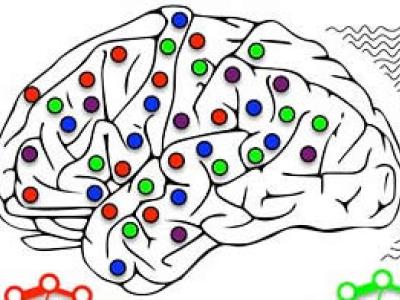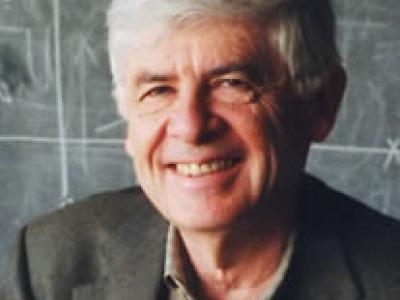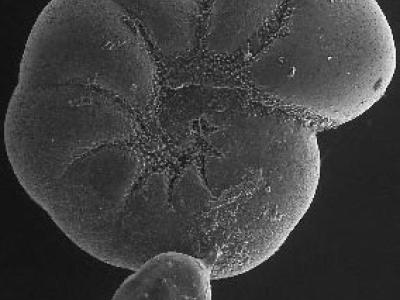National Research Council ranks UC Berkeley's Ph.D. programs among nation's best
The first detailed survey since 1995 of doctoral programs at the nation's research universities shows that UC Berkeley continues to have the largest number of highly ranked graduate programs in the country. The rankings, by the National Research Council, confirm "that UC Berkeley is the nation’s preeminent public university for doctoral studies in a huge number and wide variety of disciplines," said graduate dean Andrew Szeri.

